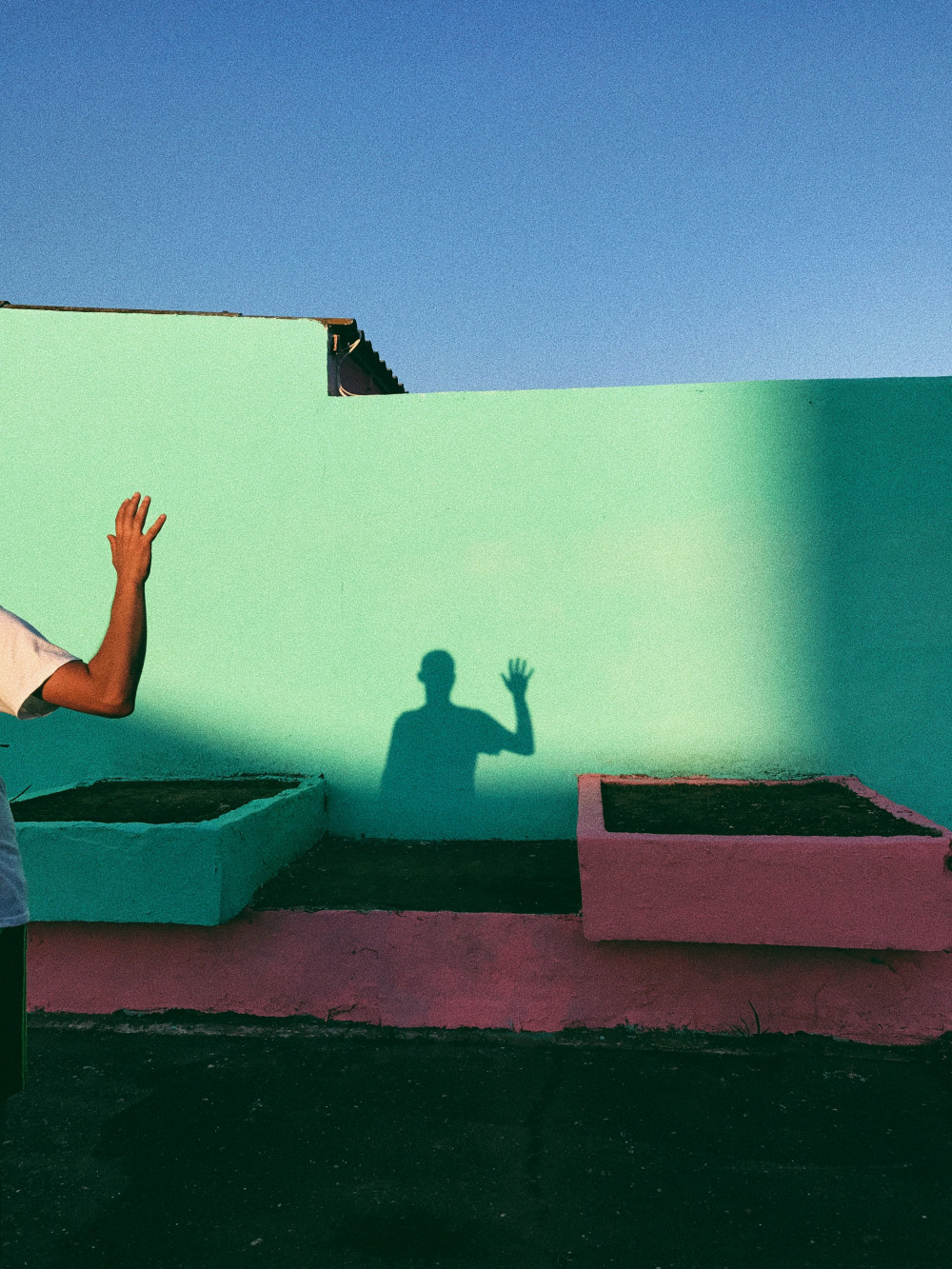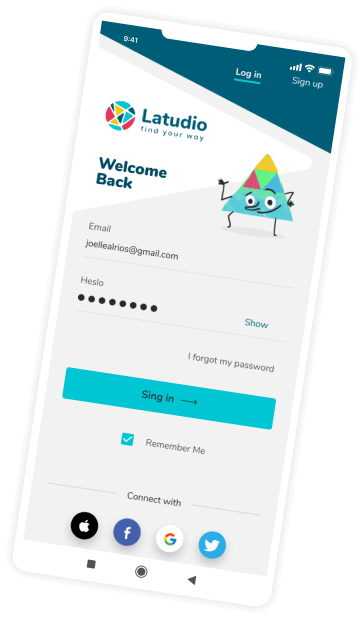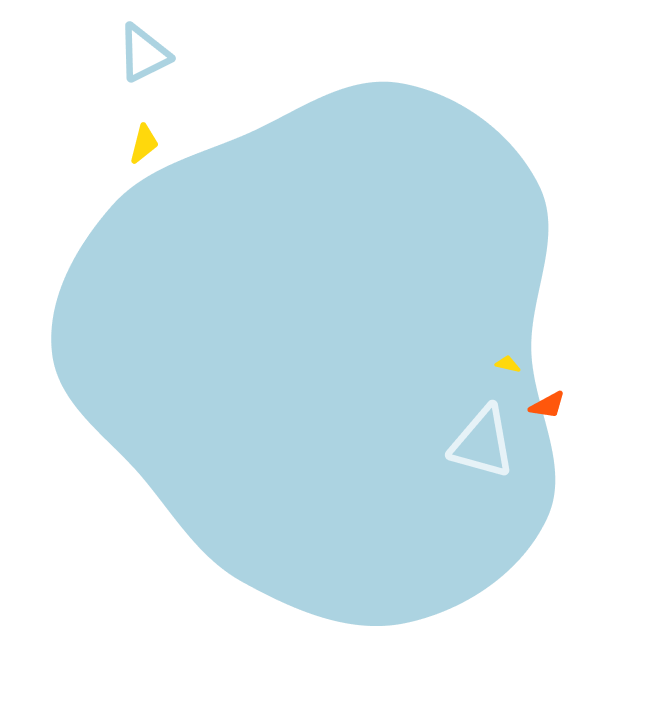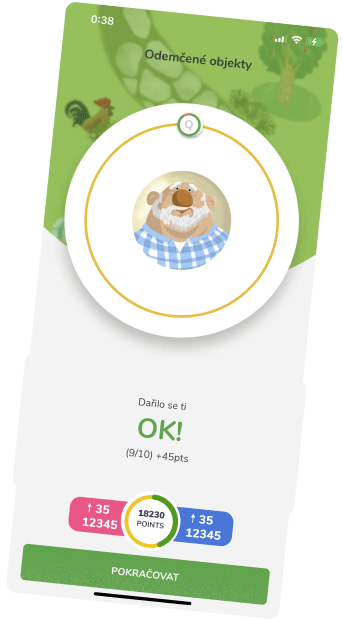Cultural Insights for Making Czech Friends
When I started to meet with new Czech friends in Prague, I noticed some peculiarities that were different from being in the US. When I go back to the US to see friends again, these cultural differences really stand out. Some differences may just be about a person’s personality.
I’ve learned to adjust my expectations to a new culture, to be more patient in making friends, and to use well-timed Czech phrases to build new friendships over the last 10 years. What I’ve observed and learned isn’t a formula, but it may give some insights for your new friendships.
It’s easy to make friends who speak your native language. But, I wanted to make friends with natives. If I was going to live here, I wanted to feel part of the life here.
Someone from the US told me how hard it was for him to make friends with a Czech. As my Czech friends have shared with me over the years about their lives, I’ve learned that everyone has busy lives.
Czechs can be very close to their families, especially their grandparents, and their grade school, high school, and university friends. In the US, I was used to just calling my parents. But here, Czechs take the time to visit their parents and grandparents, sometimes every weekend. That leaves only weekdays for them to meet you. But, if they have close friends from school or university, then they often meet up with them. So, it’s hard to fit into someone’s already busy social calendar.
When I first moved here, it was easier to make friends with Czechs who wanted to practice English. They were motivated to schedule the time to improve their English. Since moving here, I’ve often met people on conversationexchange.com, with whom I consider a friend for many years now.
To navigate those friendships, let me share a few other observations - cultural or maybe just personal, and some useful language phrases.
Arranging to Meet
Once I’ve established some kind of relationship and we’ve met a few times, on more than one occasion with separate friends, I’ve often emailed or texted them about meeting for lunch, tea, or something. Days go by and no reply.
In my earliest encounters, I had an anxiousness with new Czech friends, so I wrote again and they let me know they weren’t available. Odd, I thought. Why didn’t they just write back and suggest another day? The next time it happened with the same person, I knew what it meant. I thought ok, it’s their style, their personality. But, it happened with another person. I don’t know if it’s cultural or the person’s personality. But, like I mentioned earlier, Czechs have busy lives. It’s not personal. Keep trying.
Phrases That Get You a Smile
Quite often, at the end of meeting a Czech friend, and in my anxiousness to see them again, I suggest a possible outing or meeting. Sometimes, they’ll say Uvidíme. Literally, it translates to We’ll see, but the intended meaning is Let’s wait and see. Again, it’s not personal. You’re bound to get a smile from the other person when you use it, too, when you just don’t know if and when to meet again.
If, however, you and your friend agree when you’ll meet again, saying Těším se, means I am looking forward to it. This can also be used at the end of an email or in a text message..
Before saying your final good-byes and going your separate ways, there are a few other phrases that’ll get you a smile. Depending on what they shared with you, you could say: At’ se darří, or Drž se.
At’ se daří means Keep doing what you’re doing. I’ve used it when the other person shares about something that they’re doing and highlighted something positive in doing so. In contrast, I’ve said Drž se, which means Hang in there for those times when it’s not been so easy for them and they need to find a way through it.
Having Friends Over
Compared to the US, inviting a new friend to visit your place is not quite as common. I remember times in the US when I met someone at some evening social event, and invited them over for dinner in the near future. That’s quite uncommon here in the Czech Republic.
It’s quite a gesture when a friend invites you to their place for dinner. It’s not just a casual invitation. Of course, it’s different with dating, if you know what I mean. When it’s with a friend, their invitation to the privacy of their home is their way of saying something about your friendship. Like in the US, I take wine, flowers for his partner or wife, or offer to bring a dessert. But beyond that, a gesture like this with a Czech person can also be an indicator of a very long-lasting friendship. In these cases, these friends can be more of a priority for me in the sense that it’s up to me to be more conscientious and attentive to the friendship.



















